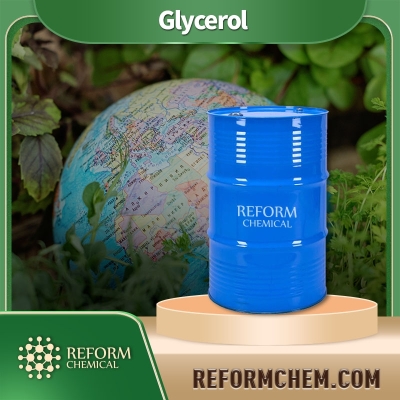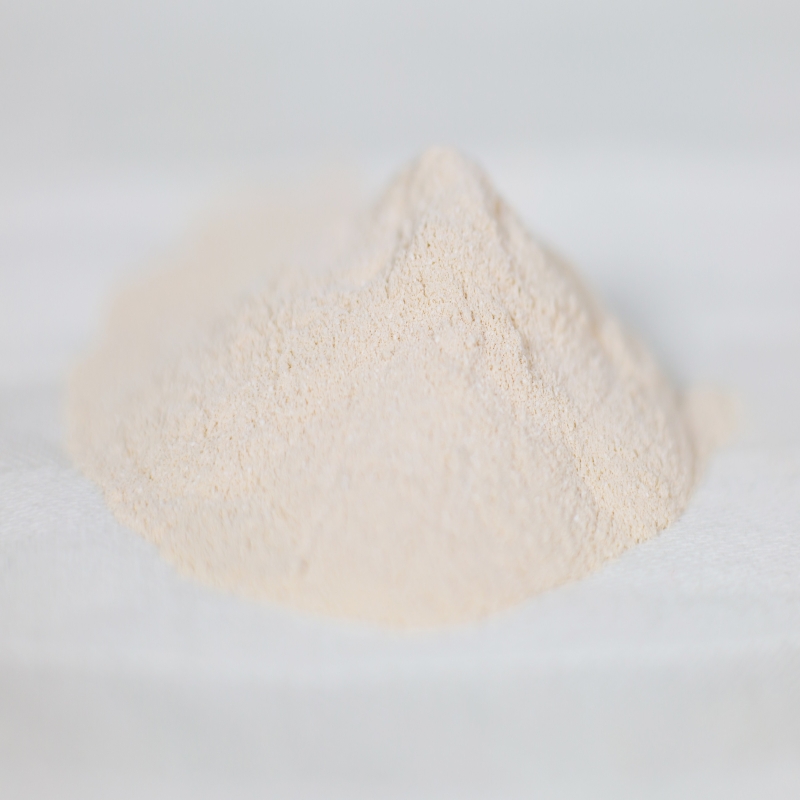-
Categories
-
Pharmaceutical Intermediates
-
Active Pharmaceutical Ingredients
-
Food Additives
- Industrial Coatings
- Agrochemicals
- Dyes and Pigments
- Surfactant
- Flavors and Fragrances
- Chemical Reagents
- Catalyst and Auxiliary
- Natural Products
- Inorganic Chemistry
-
Organic Chemistry
-
Biochemical Engineering
- Analytical Chemistry
-
Cosmetic Ingredient
- Water Treatment Chemical
-
Pharmaceutical Intermediates
Promotion
ECHEMI Mall
Wholesale
Weekly Price
Exhibition
News
-
Trade Service
This article is from the NEJM Journal Watch Association Between Antibiotic Exposure and Colorectal Cancer.
Comment on the association between antibiotic exposure and colorectal cancer.
Author: Allan S.
Brett, MD.
A case-control study showed that antibiotic exposure was positively correlated with colon cancer.
It is negatively correlated with rectal cancer
.
A recent large-scale study revealed the association between antibiotic exposure and colorectal cancer, especially with proximal colon cancer (NEJM JW Gastroenterol Oct 2019 and Gut 2019; 68:1971)
.
Given that there is experimental evidence that the intestinal microbiota may play a role in the carcinogenic process, the results of the above studies seem reasonable
.
Recently, Swedish researchers used the national cancer and drug prescription registration system to conduct cases between 40,000 newly diagnosed colorectal cancer patients (67% of the patients’ cancer was in the colon and 33% in the rectum) and 200,000 matched controls.
Contrast comparison
.
The median time to antibiotic exposure (before the diagnosis of colorectal cancer) is 6 years, but in some cases this interval can be as long as 9 years
.
In an analysis that corrected for potential confounding factors and excluded antibiotic exposure in the 2 years before the diagnosis of cancer (to minimize reverse causality), the researchers observed a significant dose-response relationship between colon cancer and antibiotic exposure
.
The risk is highest in the proximal colon (for very large antibiotic doses, the adjusted odds ratio is 1.
17)
.
The very large amount of antibiotics used is negatively correlated with rectal cancer (the adjusted odds ratio is 0.
91)
.
Commenting on these results seems biologically reasonable and is consistent with the results of the British study cited at the beginning of the article
.
The different effects on different anatomical parts (antibiotics are positively correlated with colon cancer, and antibiotics are negatively correlated with rectal cancer) may reflect the differences in the flora of the two parts
.
The important question is whether we can ultimately reduce the net risk of colorectal cancer through more careful use of antibiotics and a deeper understanding of the colorectal microbiota
.
Reviewed article Lu SSM et al.
Antibiotics use and subsequent risk of colorectal cancer: A Swedish nationwide population-based study.
J Natl Cancer Inst 2021 Sep 1; [e-pub].
(https://doi.
org/10.
1093/ jnci/djab125) NEJM Journal Watch is published by NEJM Group.
Internationally renowned doctors are invited to comment on important papers in the medical field to help doctors understand and use the latest developments
.
"NEJM Frontiers in Medicine" is translated several times a week, published on the app and official website, and selected 2-3 articles are published on WeChat
.
Copyright information This article was translated, written or commissioned by the "NEJM Frontiers of Medicine" jointly created by the Jiahui Medical Research and Education Group (J-Med) and the "New England Journal of Medicine" (NEJM)
.
The Chinese translation of the full text and the included diagrams are exclusively authorized by the NEJM Group
.
If you need to reprint, please leave a message or contact nejmqianyan@nejmqianyan.
cn
.
Unauthorized translation is an infringement, and the copyright owner reserves the right to pursue legal liabilities
.
Comment on the association between antibiotic exposure and colorectal cancer.
Author: Allan S.
Brett, MD.
A case-control study showed that antibiotic exposure was positively correlated with colon cancer.
It is negatively correlated with rectal cancer
.
A recent large-scale study revealed the association between antibiotic exposure and colorectal cancer, especially with proximal colon cancer (NEJM JW Gastroenterol Oct 2019 and Gut 2019; 68:1971)
.
Given that there is experimental evidence that the intestinal microbiota may play a role in the carcinogenic process, the results of the above studies seem reasonable
.
Recently, Swedish researchers used the national cancer and drug prescription registration system to conduct cases between 40,000 newly diagnosed colorectal cancer patients (67% of the patients’ cancer was in the colon and 33% in the rectum) and 200,000 matched controls.
Contrast comparison
.
The median time to antibiotic exposure (before the diagnosis of colorectal cancer) is 6 years, but in some cases this interval can be as long as 9 years
.
In an analysis that corrected for potential confounding factors and excluded antibiotic exposure in the 2 years before the diagnosis of cancer (to minimize reverse causality), the researchers observed a significant dose-response relationship between colon cancer and antibiotic exposure
.
The risk is highest in the proximal colon (for very large antibiotic doses, the adjusted odds ratio is 1.
17)
.
The very large amount of antibiotics used is negatively correlated with rectal cancer (the adjusted odds ratio is 0.
91)
.
Commenting on these results seems biologically reasonable and is consistent with the results of the British study cited at the beginning of the article
.
The different effects on different anatomical parts (antibiotics are positively correlated with colon cancer, and antibiotics are negatively correlated with rectal cancer) may reflect the differences in the flora of the two parts
.
The important question is whether we can ultimately reduce the net risk of colorectal cancer through more careful use of antibiotics and a deeper understanding of the colorectal microbiota
.
Reviewed article Lu SSM et al.
Antibiotics use and subsequent risk of colorectal cancer: A Swedish nationwide population-based study.
J Natl Cancer Inst 2021 Sep 1; [e-pub].
(https://doi.
org/10.
1093/ jnci/djab125) NEJM Journal Watch is published by NEJM Group.
Internationally renowned doctors are invited to comment on important papers in the medical field to help doctors understand and use the latest developments
.
"NEJM Frontiers in Medicine" is translated several times a week, published on the app and official website, and selected 2-3 articles are published on WeChat
.
Copyright information This article was translated, written or commissioned by the "NEJM Frontiers of Medicine" jointly created by the Jiahui Medical Research and Education Group (J-Med) and the "New England Journal of Medicine" (NEJM)
.
The Chinese translation of the full text and the included diagrams are exclusively authorized by the NEJM Group
.
If you need to reprint, please leave a message or contact nejmqianyan@nejmqianyan.
cn
.
Unauthorized translation is an infringement, and the copyright owner reserves the right to pursue legal liabilities
.






